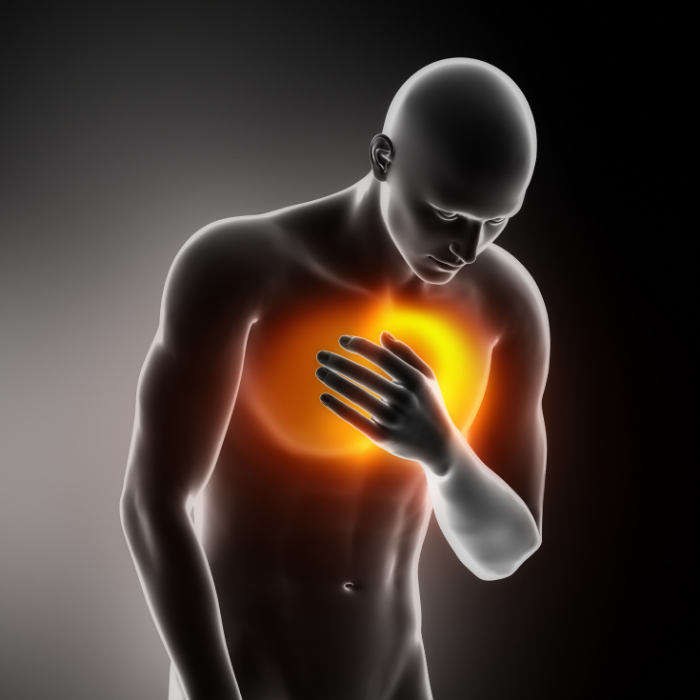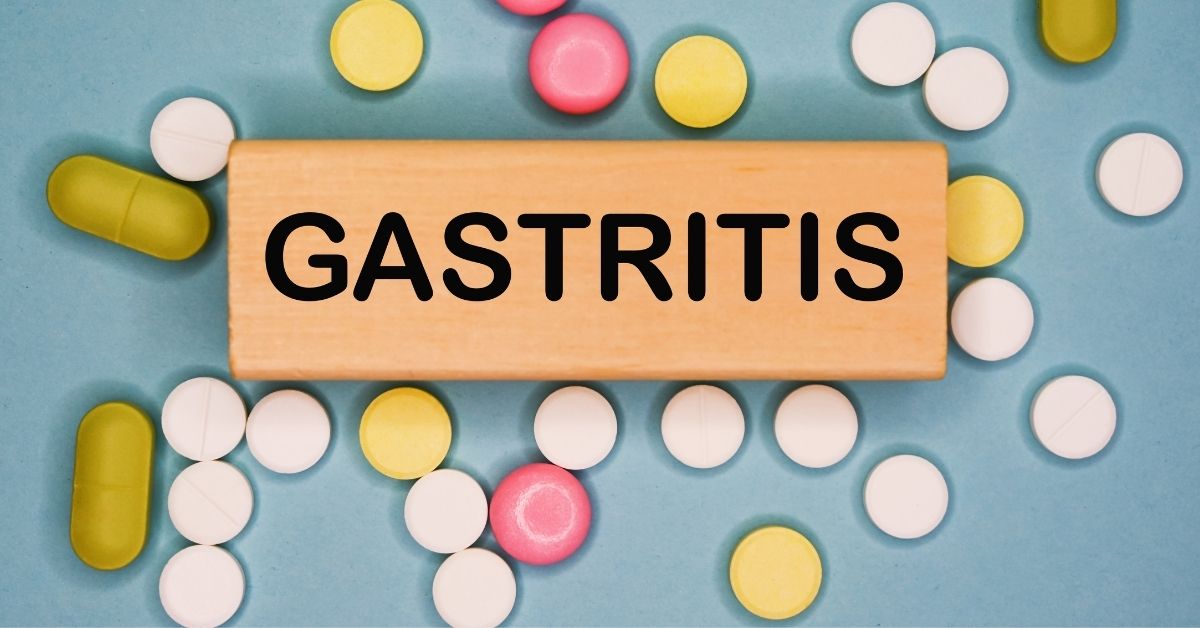
Gastroenteritis (gastritis) is one of the major health problems in our society today. Due to a number of myths, this health problem is leading our lives to many more diseases. If we knew that the medication we take for one condition is the cause of many other diseases, we would feel that it is better to tolerate the existing disease.
In this article, we will make some efforts to teach you the true nature of gastroenteritis. Watch the video below to get an idea of the metabolism that takes place inside the stomach in the digestive system. It will be helpful to understand this article better.
The misconception
Just because you have gastritis does not mean that you have gas in your stomach. Because of this misconception, many people still use gas pills. They know that they have a stomach ache after eating and that the pain goes away after they swallow the pills. Therefore, no matter what happens inside the stomach, swallow one or two pills like this with the intention of relieving the pain. We will cover the damage caused by the relevant pills before the end of this article. First, we must understand the disease.
Understanding Gastritis
This disease is caused by our stomach and according to the Ayurvedic medical system, this condition is called acid reflux inflammation. You will see that this definition does not equate to gas.

Let us consider the relationship between acids and bile. Acids are liquids with a pH of less than 7. Bile is an alkaline solution. A base is a liquid with a pH greater than 7 (alkaline). When two such liquids are combined, the concentration in the mixture decreases and neutralization occurs. This condition also occurs in our stomach.
Proteins are digested in the stomach, and the other nutrients are broken down and converted to a liquid form. Our stomach is so acidic that it can completely dissolve a piece of meat that we eat. If you take some of the juice from the stomach and put it on your palm, it will burn through to the bones in your hand.
However, the thick mucous membrane of the stomach wall cannot be dissolved by these stomach acids. This is why we are able to digest our food properly. Otherwise, you will have to suffer a lot of pain every time you eat.

The pH of the gastric juice is between 1.5 and 2. The bile produced by our liver is alkaline with an average pH of around 9. Foods that are ready for absorption in the stomach are still acidic. Food turns alkaline when bile is added after stomach digestion. Due to this, the food that travels in the digestive tract after the stomach has an alkaline nature.
When we do not eat or leave the stomach in a state of hunger, bile from the small intestine may enter the stomach. This neutralizes stomach acid and leaves the stomach less acidic than normal. Therefore, it is clear that the acidity in the stomach has decreased due to acid reflux inflammation.
However, according to western medicine, gastroenteritis is an increase in the acidity of the stomach. You should now understand that there is a contradiction here.
The acidity of the stomach

We will now learn about how this acidity occurs and the relevant hormonal acids and enzymes.
From the moment our nose smells of food, our digestive system begins to contract. The glands in the mouth release enzymes. The mouth begins to salivate. When you see food, this condition is intensified. Our stomach is ready for digestion once the food is ingested. One of the main causes of gastritis is a hormone involved in this process – Gastrin.
Role of Gastrin

When we eat, the cells that produce gastrin in our stomach are stimulated. The food that accumulates causes the stomach wall to stretch. At this point, the gastrin cell in the stomach wall releases a hormone called gastrin into the stomach cavity. This hormone stimulates another type of cell in the stomach wall. These cells, called chief cells and pruritus cells, release hydrochloric acid (HCL) and an inactive enzyme called pepsinogen. HCL is a highly concentrated acid. Pepsinogen combines with HCL to form a highly active enzyme – pepsin. Pepsin digests the proteins we eat.
What happens if our body if we fail to produce pepsinogen or HCL?

If this happens, cells are forced to continue releasing gastrin until the relevant hormone and acids are produced. This is because the stomach needs HCL and pepsinogen to digest the food that is currently in the stomach. But what happens is a disaster. The valve between our stomach and esophagus begins to force open. As a result, the gastric juice in the stomach begins to rise. What is happening now is an unimaginable catastrophe.
Although the stomach wall is designed to withstand the acidity of the stomach, the walls of the esophagus are not built to withstand this acidity. The ascending gastric juices rise up causing great pain in the esophagus. This is what feels like the chest is getting tight. Some people start to think that this is heart disease.
This gastric juice, which has the ability to digest protein to some extent even though the concentration is low, injures the larynx. That is not surprising. We know the pain that occurs when there is an injury to an external part of our body. But when you have an internal injury, the pain is much more intense.
The true cause of gastritis
It should now be clear to you that bloating of the stomach does not cause gastroenteritis. It is poor HCL production that causes this condition.
What is needed for HCL production?

Hydrogen and chloride are needed to produce HCL. Hydrogen can be obtained from the water we drink. But chloride is not a common element in the foods we eat. The main way we get chloride is by adding salt to our diet. Onions also contain sodium chloride. Therefore, you can now imagine what would happen if you did not consume salt.
Malnutrition will lead to a bulk of diseases. If you do not consume salt because of high blood pressure, read the article on high blood pressure. High blood pressure is a consequence of another form of malnutrition. You can get rid of this condition by giving the relevant nutrients to the body.
Current routes of treatment for Gastritis
Currently, according to Western medicine, the cause of this disease is the high acidity of the stomach. Therefore, proton pump inhibitors are a class of drugs for gastroenteritis. These drugs work by closing the acid-release holes in our stomach wall. By doing so, there are no acids to hurt your gut. Although the pain is gone, your digestion is now poor. How does your body absorb nutrients now? This lack of digestive ability leads to malnutrition and many consequent diseases. You will end up taking even more medication for the different diseases you develop after gastritis has been “managed”. You should strive for a more permanent solution and turn your life around.
Other factors that increase the risk of Gastritis

Do you feed your child soup very often? After drinking the soup, the child may fall asleep. But what you may not know is that the stomach is expecting food every time the soup stimulates it.
These signals cause the cells in the stomach wall to become inflamed. You may not know that this is how your child’s gastroenteritis started. Parents need to understand that this has led to an increase in stomach upset in infants in the world right now.

Chewing gum is similar to this. Every time you chew gum, your stomach gets deceived. After about thirty minutes of chewing gum, you will also notice that there is some pain in your abdomen.
You can avoid a number of illnesses if you realize that you are paying with your life for the mistake of unwittingly consuming all the products that marketers constantly put on the market with the sole hope of making a profit.
A final note of advice
What should you do now for gastritis? Relieving pain? Or moving towards a permanent solution? This disease can cure itself. All you need to do is give them an outlet and the support it needs to keep going. Source out the right food to include in your diet. Cut out the toxic foods that do no good. Start giving yourself the right nutrition and you will not have to suffer from all these relentless diseases.
A person with gastritis should follow the following tips to ease the painful condition.
- When in pain, drink a small amount of warm water.
- Chew the food in your mouth as long as possible before swallowing. (This can reduce the workload on the stomach.)
- Add a simple meal like porridge to the dinner meal with all the necessary nutrients mashed with the help of a blender.
- Remember to chew well when eating something like meat. (It is best to cut the meat into small pieces when cooking. Add a piece of raw papaya to cooked meat to loosen the firmness of the meat.)
With the help of the above methods, you can reduce the workload of the stomach. It will help to avoid the semi-digestive condition which is caused by the decrease in the acidity of the stomach.
Share these articles with others and help them understand this critically misunderstood issue. You may never know, whoever sent you this might have just saved your life.

